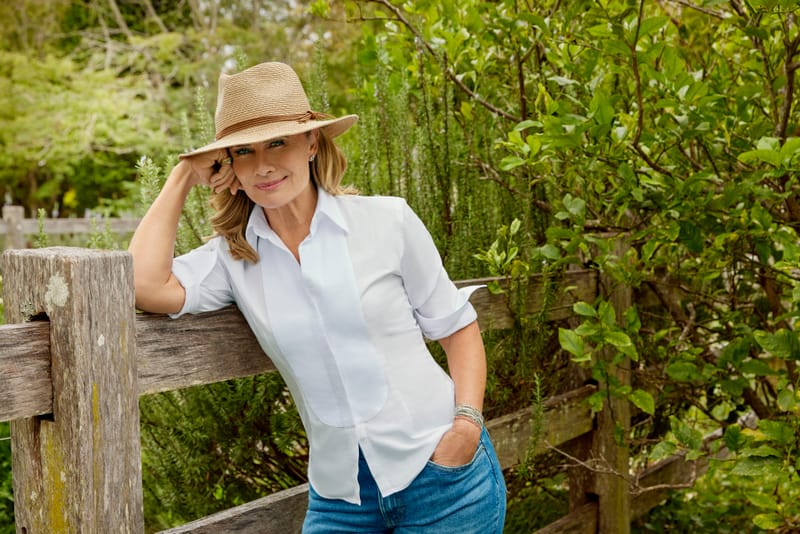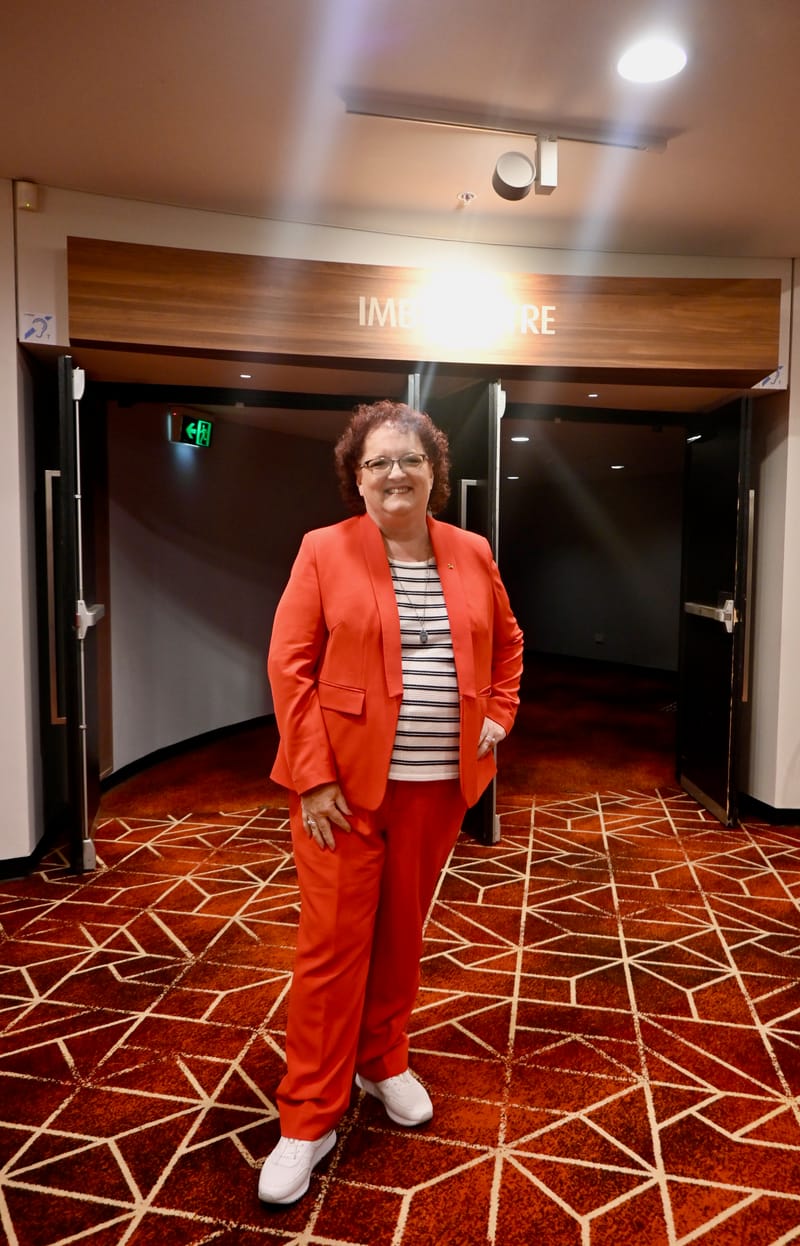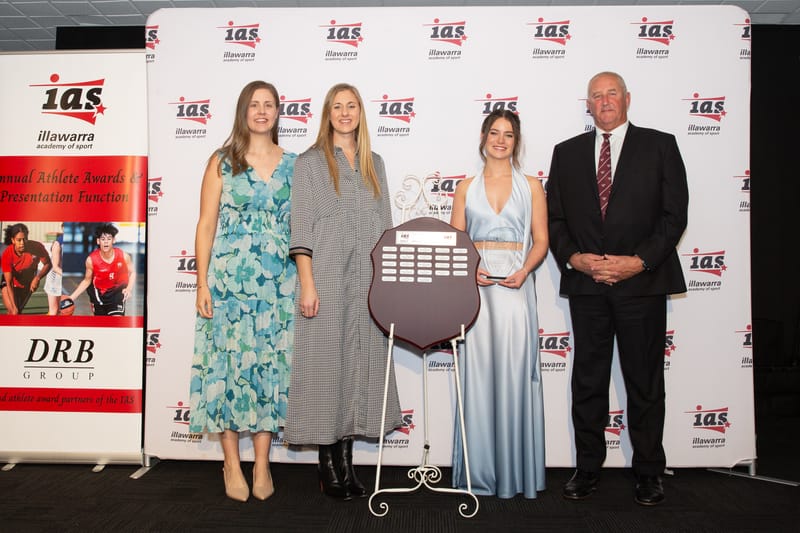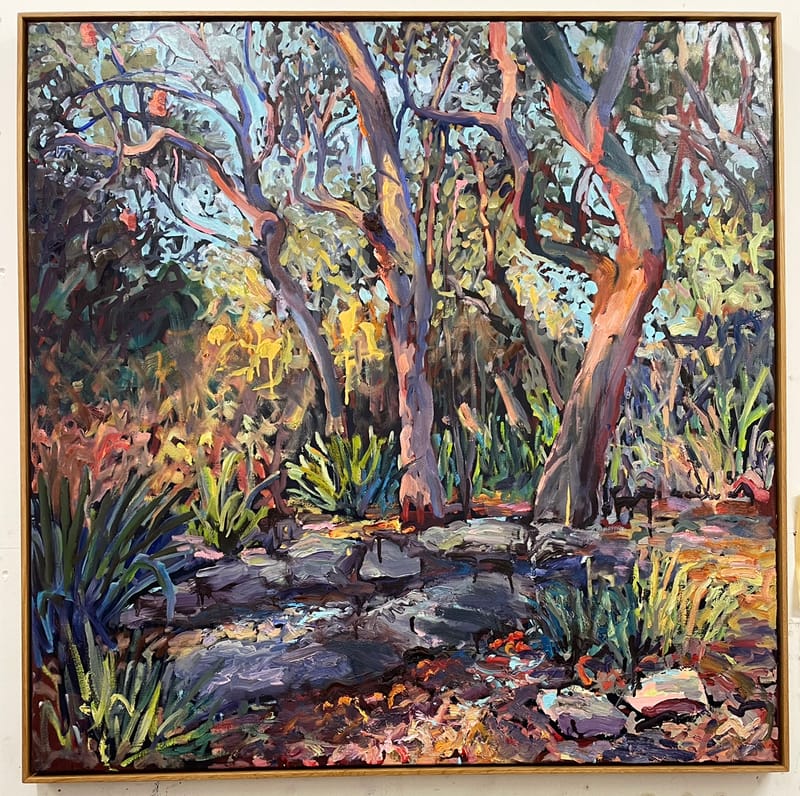‘War’s not the only thing that causes PTSD’
Thanks to a local psychiatrist’s campaign for justice, Thirroul will become home to Australia’s first trauma-informed mental health clinic for women. The Illawarra Flame reports. For years, Wollongong psychiatrist Dr Karen Williams has fought to...
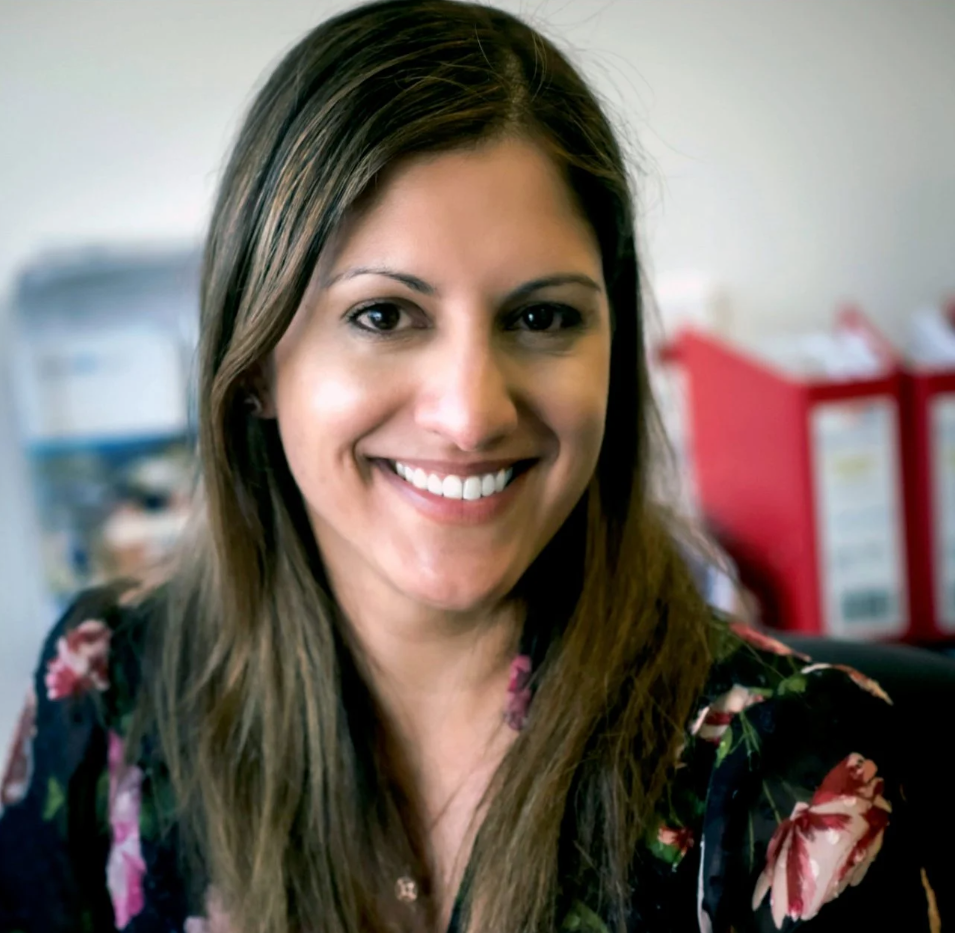
Thanks to a local psychiatrist’s campaign for justice, Thirroul will become home to Australia’s first trauma-informed mental health clinic for women. The Illawarra Flame reports.
For years, Wollongong psychiatrist Dr Karen Williams has fought to fix the health system for women with mental illness.
Simply medicating isn’t the answer, she says.
“We need to look at trauma a lot more. And recognise that family violence is a cause of trauma, the same as going to war is the cause of trauma.”
Last month, Ramsay Health Care announced she’d won a major victory.
In August, the private hospital operator will open Ramsay Clinic Thirroul on Phillip Street, and Dr Williams will become the medical superintendent leading Australia’s first trauma-informed mental health facility for women.
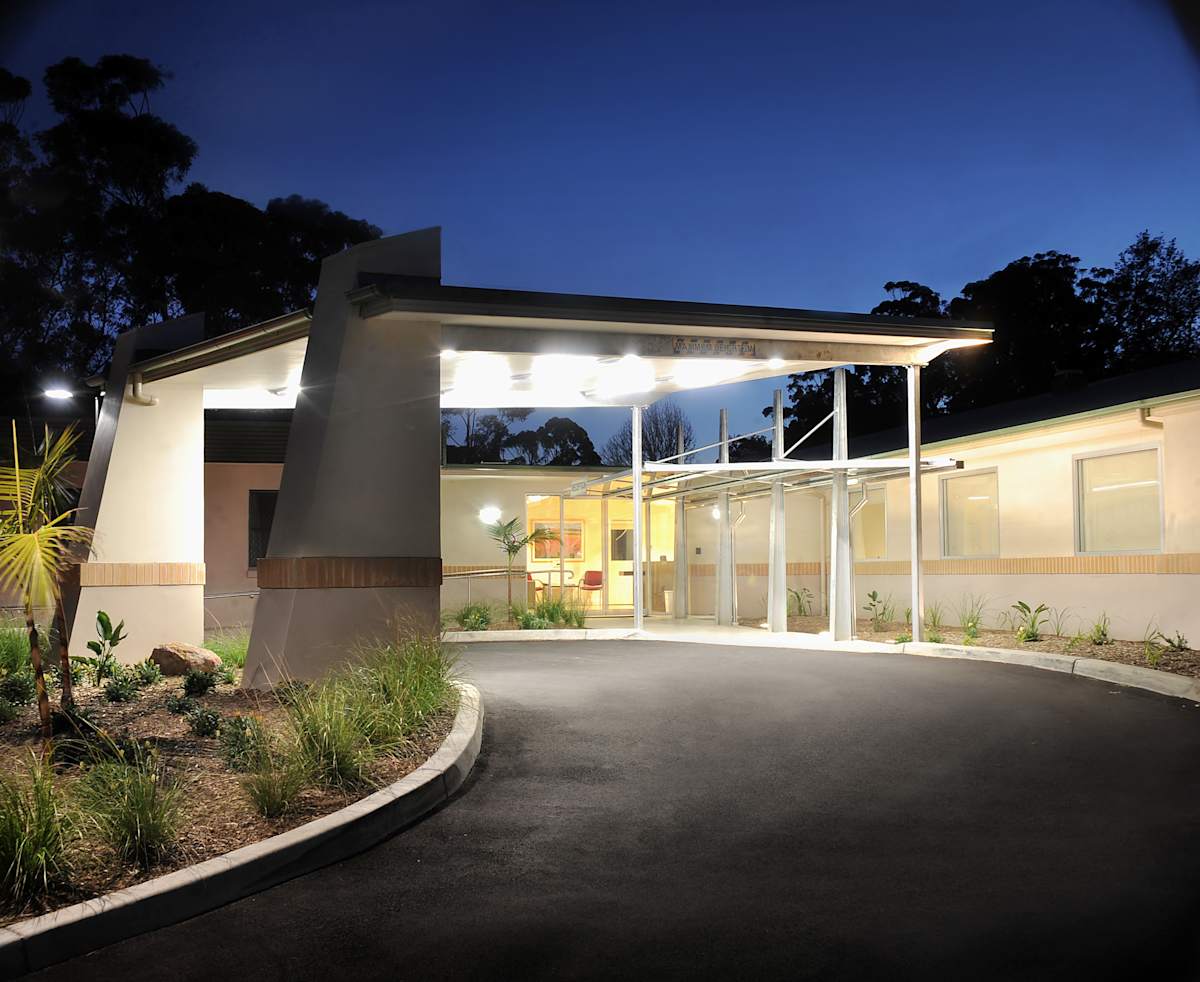
‘Real injustice in our health system’
Originally from Sydney, Dr Williams moved to Wollongong in 2004, where her work with trauma victims inspired her advocacy.
“I’ve done all my psychiatric training in the area,” she says. “What I was experiencing within the hospital system, right from day dot, was that there’s a whole lot of family violence and sexual violence that is underneath a lot of the mental health problems that I’m apparently treating.
“I was seeing the difference in the way we deliver care to the defence force and the police officers and first responders, because I worked directly with them. It doesn’t cost them anything.
“Whereas women can’t get anything. There’s no services for them, but they have the same symptoms.
“War’s not the only thing that causes PTSD [post-traumatic stress disorder]. If our home lives are like war zones, then we are going to also get PTSD from that too.
“So I was getting really frustrated seeing this real injustice in our health system and the real stark contrast – the two traumatised groups and both of them getting completely different levels of care.”
Things came to a head when Dr Williams was working at a private hospital with mixed groups of trauma patients.
“Women were sitting in groups with defence force patients and feeling like they didn’t belong there. They were thinking that their trauma is less – except that they weren’t recognising that the guys in the defence force and the women in the defence force go there by choice, and they’re trained and they go with weaponry and they go in a group. They know exactly who their enemy is and they’re prepared for that enemy. And they’ve got safe people that they work with.
“Whereas women are by themselves, all alone, in these really dangerous situations.
“Often men have actually cut them off from their families. They cut them off from their friends.
“What happens in DV situations is you’ve got women living with nobody apart from their abuser and they’ve got nowhere to go. The symptoms are often worse than you get in the defence force and the treatment’s less – it’s practically zero.”
‘We wouldn’t do that with our soldiers’
The system fails domestic violence victims by not addressing their trauma, Dr Williams says.
“The best comparison is that we wouldn’t do that with our soldiers that come back.
“We don’t say, ‘Oh, well, let’s just medicate.’ You actually go, ‘You’ve got PTSD. Let’s talk about those traumatic events.’ Whereas for women, it’s ‘Oh, you’ve got depression, you’ve got anxiety, you’ve got a mental health disorder’...”
How we look at things makes a big difference, she believes. “There is a whole movement towards recognising trauma in women, right around the world.
“I have been fighting to reframe the way we look at mental illness in women for a number of years.
“I’ve been going to politicians, I’ve gone to the health minister, I’ve gone to the minister for women, I’ve gone to the prime minister’s office,
I’ve gone to the attorney-general…
“There are no services for PTSD for women.
“So why is that? Why aren’t we up in arms about that? Why aren’t people screaming about this?
“They all say, ‘Oh gosh, really? It’s pretty terrible.’ And then they don’t do anything about it. I have never had any luck with getting them to fund treatment for women.”
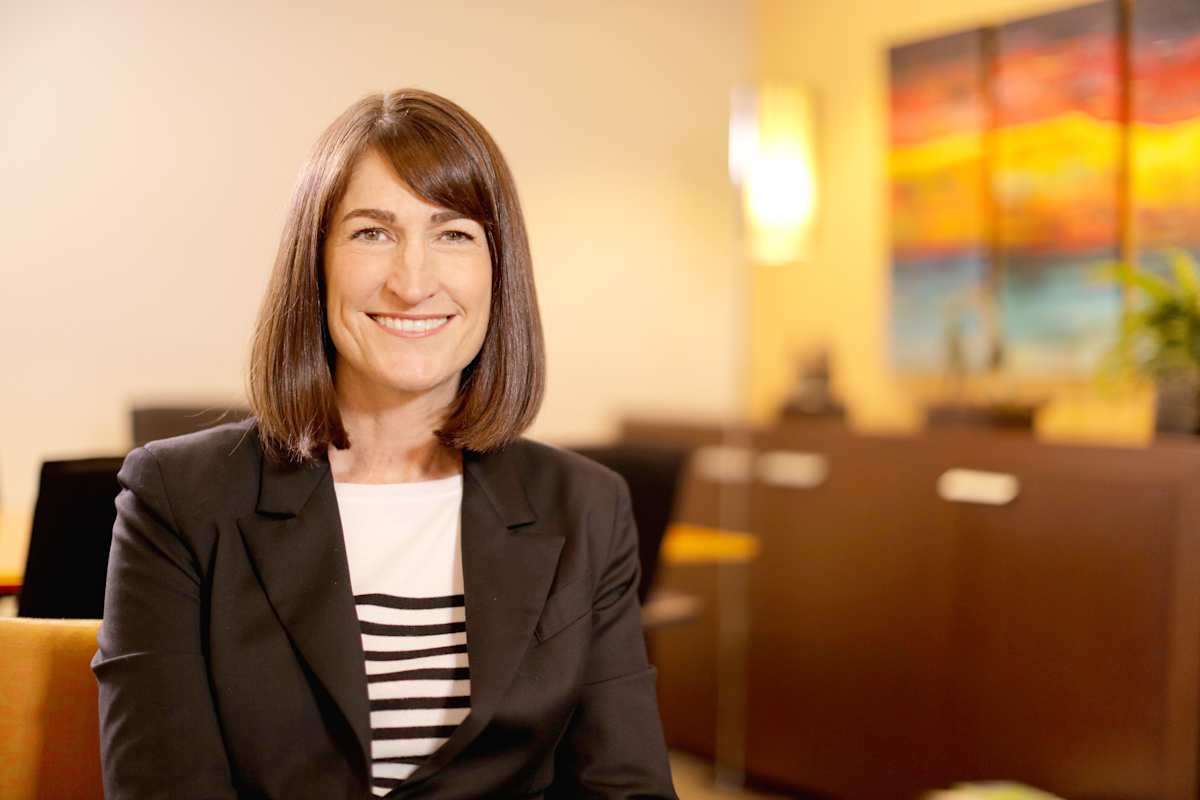
‘What if I give you a hospital?’
Then, this year, Dr Williams approached Ramsay Mental Health Director Anne Mortimer, hoping “they would let me have just one ward where I can keep my female patients safe”.
“I probably spoke to her a bit more than 45 minutes. And she just listened quietly. At the end she said, ‘How can Ramsay help you?’
“And I said, ‘I’d like a ward.’
“And she said, ‘Well, what if I give you a hospital?’”
Ms Mortimer explained that Thirroul’s Lawrence Hargrave Private Hospital would be empty soon as its rehab service was closing. The plan had been to sell it but this could be called off.
“Well, I burst into tears,” Dr Williams says. “I was shocked, I almost fell off my chair. It was that mix of laugh/cry sort of thing.”
“She said, ‘Right, you’ll have to run it. It’s a big job. You can put in it whatever you want.’”
When it opens in August, Ramsay Clinic Thirroul will have a 43-bed women’s-only unit. It will offer day-patient programs and become a training centre for psychiatric, medical, psychological and other allied health and nursing students. If the clinic is a success, it could be a blueprint for the nation.
“If we can get good results in people, if PTSD reduces and the symptoms reduce, then they can roll it out around the country,” Dr Williams says.
“This shouldn’t be innovative, it really shouldn’t.
“We know about one in four women will experience domestic violence. One in six women will be sexually abused by the time they’re 15. There’s been a blind spot in society, where we’ve just overlooked the fact that there are so many traumatised women.”
Trauma treatment for defence force patients may involve yoga, therapy dogs and gym time, she says.
“These are all important aspects of getting better. So Anne said, ‘We’ll put all of that in there for you, and we can show that women need it just as much and will benefit.”
Dr Williams’ determination may have led to the clinic’s creation, but she also credits a cultural shift, driven by the #MeToo moment.
“Thanks to Grace Tame and Brittany Higgins, we’ve been talking much more about this stuff. Sexual assault and domestic violence is definitely much, much more in the conversation.
“There’s been that and a combination of just good luck, and serendipity that the director of Ramsay was female. And, you know, a strong female leader makes a difference.”


